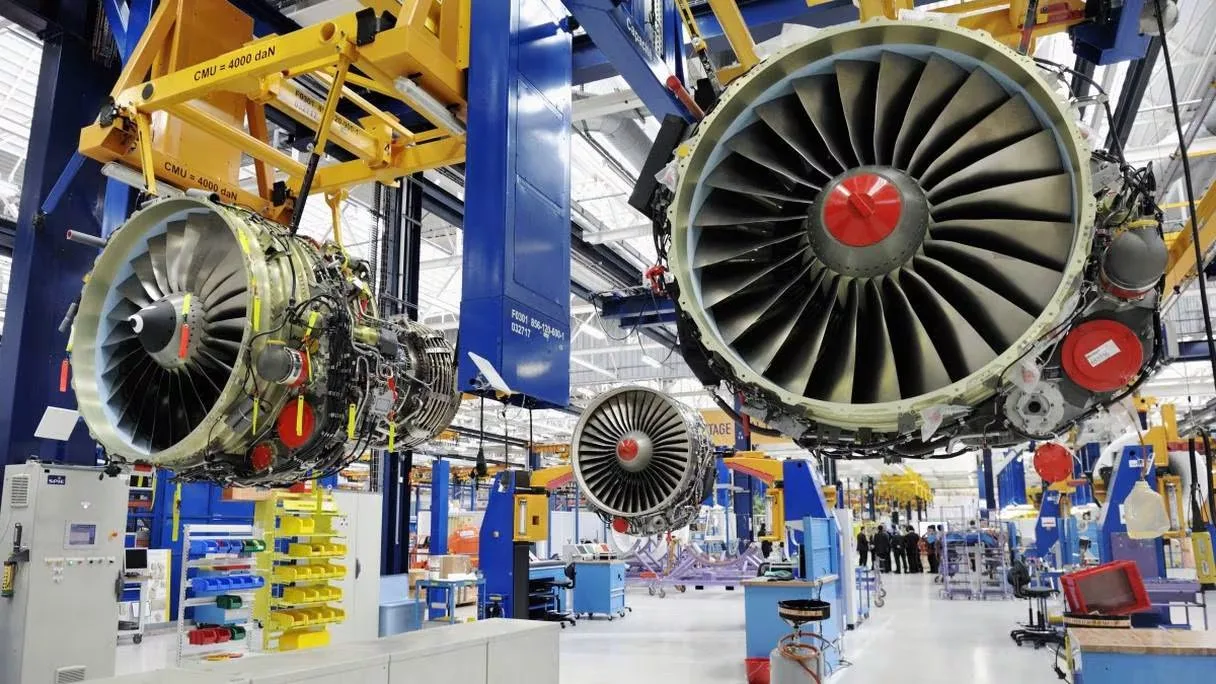
Morocco is accelerating its role in the global aeronautics sector by joining the supply chain for the VX4 electric vertical takeoff and landing (eVTOL) aircraft, developed by the British firm Vertical Aerospace.
The move underscores the Kingdom’s ambitions to become a leading hub for next-generation aviation technologies.
The partnership, revealed by Moroccan media, involves collaboration between Vertical Aerospace and Spain’s Aciturri Aerostructures. Aciturri, which acquired GOAM Industrie in Casablanca in 2023, will be responsible for producing complete airframes for the VX4, including wings, fuselage, empennage, and pylons.
This will cover both prototype models and fully certified production units.
The initiative is part of Vertical Aerospace’s “Flightpath 2030” strategy, which aims to secure long-term component supplies and strengthen its global industrial network.
Some of the production is expected to take place at Morocco’s Midparc industrial park in Nouaceur, a key hub within the country’s thriving aeronautics ecosystem.
Founded in 1977, Aciturri has long supplied major aviation companies, including Airbus, Boeing, and Embraer, and employs more than 3,100 staff across five countries.
Its commitment to Morocco not only reinforces Vertical Aerospace’s supply chain but also highlights the Kingdom’s growing reputation as a competitive and reliable industrial partner in high-tech aviation.
Moroccan aeronautics has seen consistent growth. In the first half of 2025, exports reached $1.41 billion, up 8.8% compared with the same period last year.
With around 150 companies operating in the sector and an annual turnover of approximately €2.5 billion, Morocco is consolidating its status as one of the most competitive aeronautics hubs globally.
Industry experts say the VX4 partnership signals a strategic leap for Morocco, aligning it with emerging trends in electric aviation and eVTOL technology. By integrating advanced manufacturing capabilities into international supply chains, the Kingdom aims to attract further investment, develop skilled local workforces, and play a central role in shaping the future of sustainable flight.



